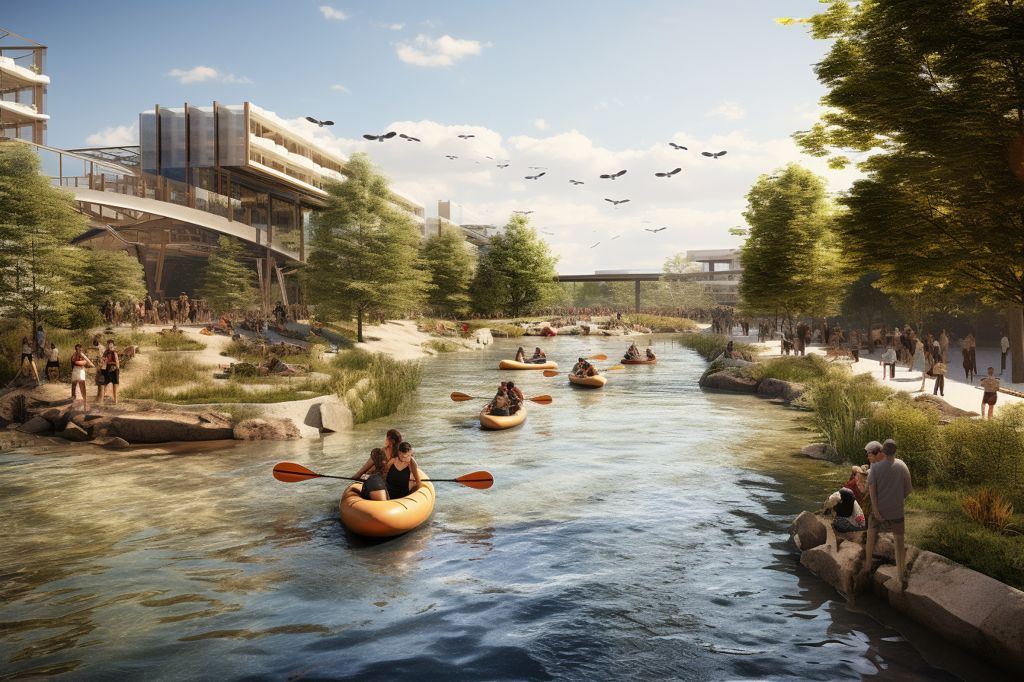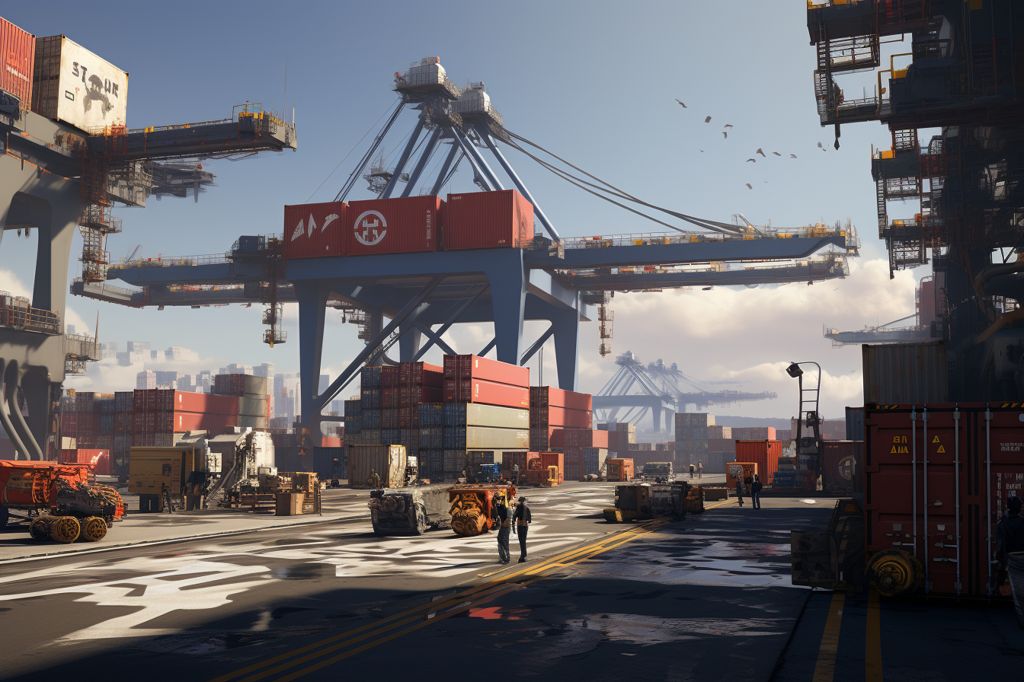The Department of Water and Sanitation (DWS) in South Africa is seeking input from stakeholders on draft regulations related to the access and use of government waterworks and surrounding state-owned land for recreational purposes. This collaborative process aims to promote transparency and allow stakeholders to provide feedback before the regulations are finalized.
Objectives of Stakeholder Engagements
The discussions focus on various aspects, including access and utilization requirements, control over the waterworks, authorization processes, and establishment of rules and prohibited activities. The stakeholder engagements aim to promote the DWS’s understanding of recreational activities, balance opposing interests, and mitigate potential future conflicts.
Current Regulations and Proposed Changes
Currently, access and use at Government Waterworks (GWWs) are governed by regulations published in 1964. To align with the objectives of the National Water Act and the operational policy on using water for recreational purposes, DWS published draft regulations in 2015.
The proposed regulations aim to achieve several key objectives, including the application of precautionary approaches to recreational water use, capitalizing on recreational water use for economic growth, and ensuring the protection of aquatic biodiversity and ecosystems. Additionally, the proposed regulations aim to promote broad participation in decision-making and ensure compatibility between recreational water use and other water uses.
Importance of Stakeholder Input
Members of the public and stakeholders are encouraged to review the draft regulations and submit their inputs and comments to the Department by October 20, 2023. This collaborative process represents an important step towards creating a more comprehensive and inclusive framework for the management, access, and use of government waterworks for recreational purposes.
Impacts of Revised Regulations
The implementation of the revised regulations will promote responsible recreational water use and contribute to the nation’s economic growth, capacity building, employment creation, and environmental conservation efforts. Stakeholders’ insights and suggestions will play a crucial role in shaping the future of South Africa’s water resources management and recreational activities on state-owned land.








